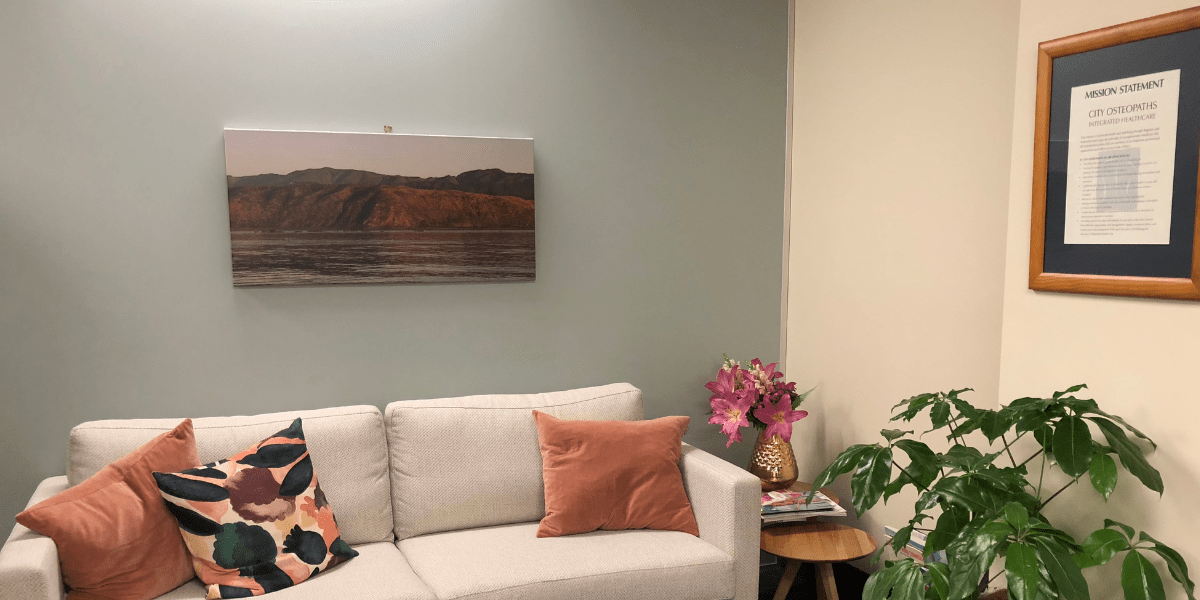WHY SHOULD I STRETCH? THE IMPORTANCE AND BENEFITS OF REGULAR STRETCHING. Although we all consider exercise to be a key component of a healthy lifestyle, regular stretching is often overlooked and is not always integrated into our exercise routine. Whether we’re exercising regularly or not, it is important to stretch for both our physical and mental health. Many people consider stretching to be time consuming and so it’s either done very briefly, or not at all. Now that we are currently in isolation, people have more time to consider their physical and mental wellbeing at home. We can use this opportunity to incorporate stretching into our daily lifestyles.
If we are working from home, or simply taking this time to rest and recuperate, it’s likely that tension will build up in our muscles after prolonged periods of sitting. It is important to stretch daily to help to keep this tension as minimal as possible. The great thing about stretching is that everybody can do it, regardless of flexibility or age, and you don’t need any equipment or a huge amount of time to be able to feel the benefits.
BENEFITS OF STRETCHING
Improve posture
Office workers, or anybody who is seated for long periods of time tend to build up muscle tension in the chest, back and legs, if they don’t regularly stretch. This can dramatically impact your posture because as tension builds up, your muscles will become tighter and shorter in length, causing us to develop rounded shoulders and a slouched and slumped spine. Over time, if this is left untreated, your posture can get progressively worse and can begin to cause musculoskeletal pain. Stretching regularly will help the body respond better to stresses that we put on it through prolonged positioning and will also help to prevent chronic tension from building up.
Reduce chance of injury
Muscle injuries tend to occur when they’re tight and put under strain by being stretched too far. This can happen during simple day to day activities or sometimes through exercise. A regular, consistent, gentle stretching routine will help to keep muscles more supple and flexible, thereby reducing the risk of injury.
Improve range of motion
Tight muscles will prevent your range of motion. For example, tight hamstrings may prevent us from being able to straighten our legs fully, or bend forwards to touch our toes. Regular stretching will improve the flexibility within your muscles and therefore allow an increased range of motion to occur.
Reduce pain and stiffness
A form of active recovery for sore muscles is to do regular, light stretching of the affected muscle group. Many studies have shown that regular stretching can help to decrease pain levels and reduce stiffness, for both acute soreness and also in individuals with chronic neck and lower back pain.
Calm the mind
Although stretching can feel a bit uncomfortable at first, the more regularly you stretch, the greater the benefit will be for both your mind and body. Focus on taking deep, mindful and slower breaths when you are stretching. This can help to relax you further and help your stretching routine to be calming and enjoyable.
How often should I stretch?
When it comes to stretching, consistency is key. By doing a few simple stretches daily, our muscles will remain supple, our flexibility and posture will improve and our chance of injury will be reduced. Keep the stretches gentle if you’re doing them throughout the day e.g. lunch time stretches. The best time to stretch more deeply is after exercise when our muscles are warmer e.g. after walking or running.
How long should I stretch for?
Hold each stretch for 30 seconds and try not to hold your breath whilst your stretching. Don’t ‘bounce’ in the stretch, this can cause injury. Just take the stretch to the point that you can feel tension in the muscle and hold it there. You should not experience pain when you are stretching. If you do experience pain, ease out of the stretch to find a more comfortable level of tension or contact us for further advice.


